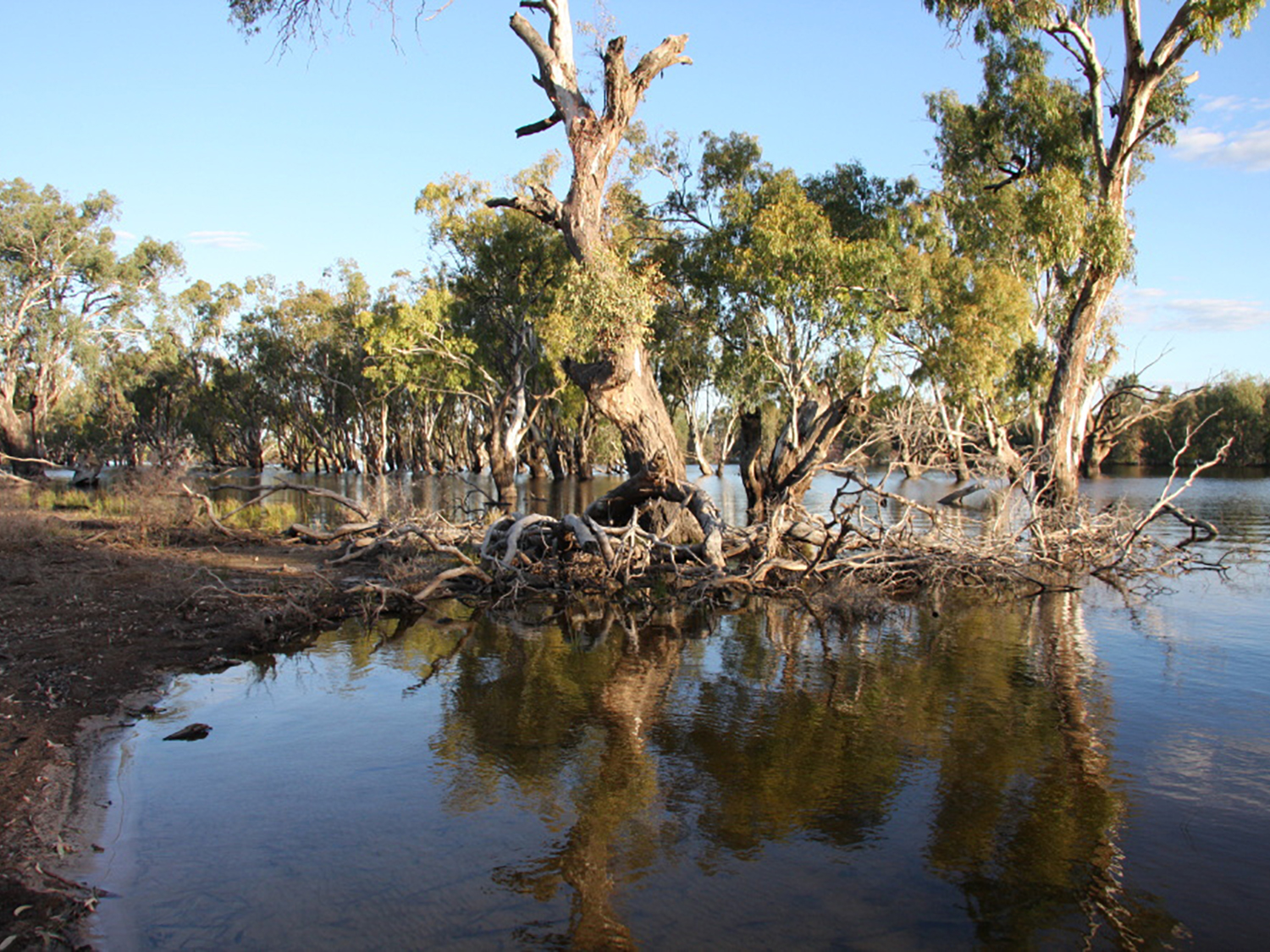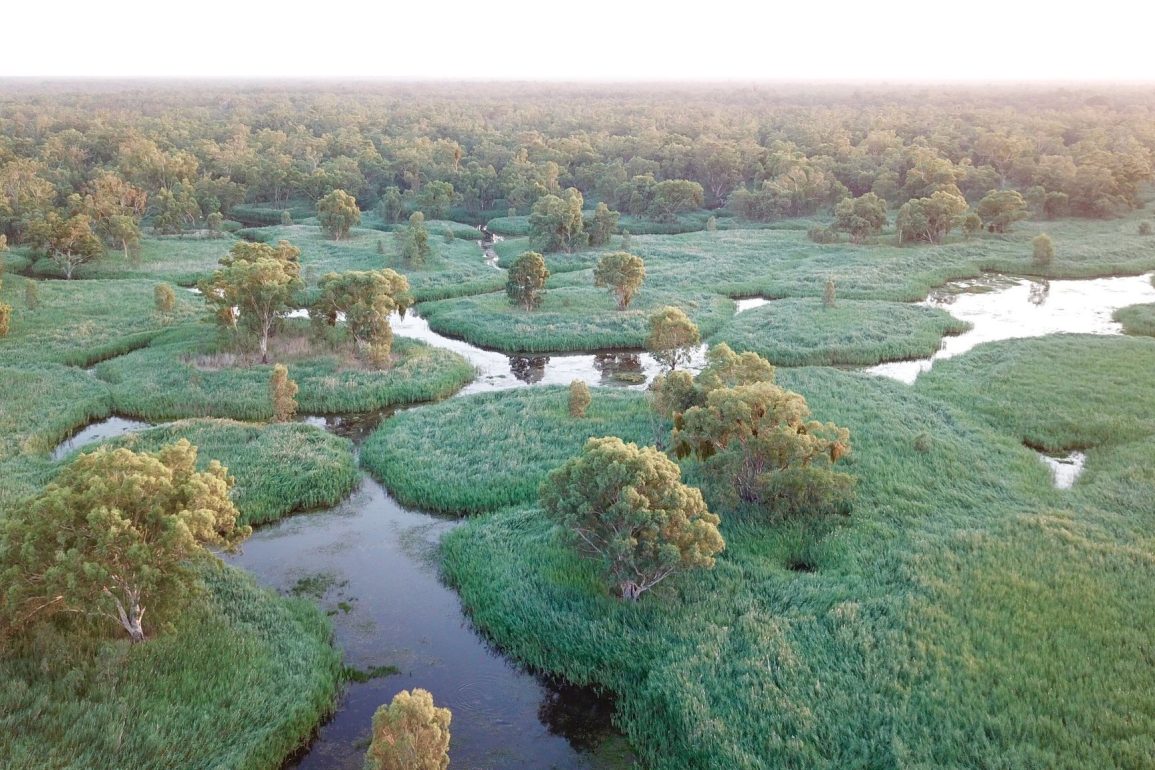New research from the University of New South Wales reveals that the Murrumbidgee River, a major river in Australia, has experienced severe water loss over the past three decades. Due to dams, irrigation, and water demands from cities like Canberra, the river’s flow in areas like Hay, New South Wales, decreased by 43% from 1958 to 2018, with a sharper decline of 55% between 1988 and 2018.
This reduction in water flow has had significant environmental impacts, particularly on the Lowbidgee floodplain, the river’s largest wetland, which relies on periodic flooding to sustain its ecosystem.
The research, published in the Journal of Environmental Management, examined historical water flows dating back to 1890. By using data from the early 20th century, before modern dams and infrastructure, scientists created simulation models to estimate natural river flows without human intervention.
These simulations revealed how much human activity has altered the river’s flow, leading to prolonged dry periods between major flooding events. These overbank flows, which sustain the wetlands, now occur less than half as often as they once did, extending from an average of every two years to every 4.4 years.
The study also warns that climate change could further exacerbate the problem. Projections indicate that river flows could decline by an additional 7% to 10% between 2047 and 2075 due to climate impacts.

Professor Richard Kingsford, a co-author of the study, emphasized the importance of addressing both climate change and human-caused water diversion to protect river ecosystems. Kingsford urged policymakers to consider the severe strain already placed on rivers like the Murrumbidgee and to implement policies that protect remaining environmental water flows.
Conservationists, such as Bradley Clarke-Wood from BirdLife Australia, report similar trends. Reduced flooding of wetlands has directly impacted waterbird populations, as many bird species rely on these wetlands for breeding. With decreased flood events, waterbirds struggle to reproduce successfully, which could lead to declines in future bird populations. This highlights the interconnectedness of river health and biodiversity, as each reduction in water flow poses a threat to species dependent on wetland ecosystems.
The Australian Conservation Foundation echoed the urgency of the study’s findings, calling on federal and state governments to act swiftly. Dr. Paul Sinclair from the foundation stressed the need to address both climate change and unsustainable water extraction, as rivers like the Murrumbidgee risk disconnection from essential floodplains. Conservationists argue that without sufficient water management reforms, these ecosystems will struggle to withstand more frequent droughts and the escalating effects of climate change.

